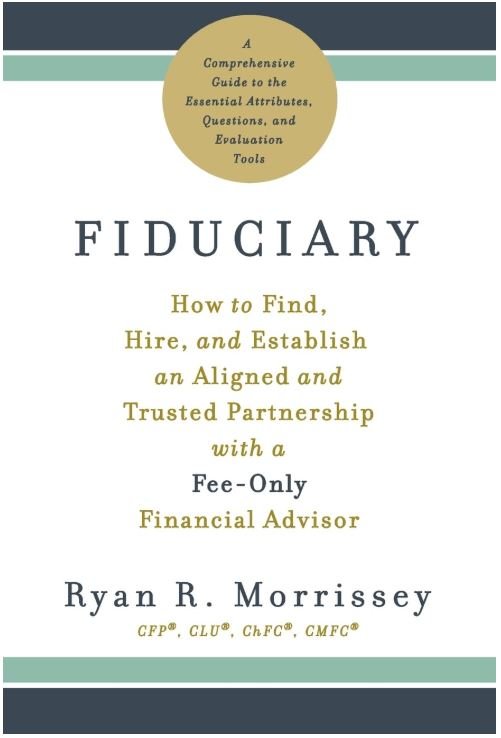How to Evaluate if Your Financial Advisor Is Delivering Value (Part 1)
Whether you've just hired your first fee-only financial advisor or have been working with one for years, it’s essential to regularly assess whether your partnership is truly delivering value. This is the focus of today’s post, where we’ll explore how to evaluate the performance of your financial advisor across several key areas—ensuring that your partnership remains aligned with your financial goals over time.
In this post, I’ll walk you through the four essential areas you should be evaluating when it comes to working with your advisor. By the end of this guide, you’ll be equipped to assess whether your financial advisor is truly delivering value across the board.
1. Awareness and Disclosure of Fees
Let’s start with something simple but often overlooked: do you know exactly what you're paying your advisor and what the fees for your investments are? Most people don't, and this lack of clarity can have significant consequences for your financial future.
Why It Matters:
Paying excessive fees for both advisory services and investment costs can dramatically affect your portfolio’s long-term growth. A good financial advisor should be transparent about the fees you’re paying, and these should be disclosed on your quarterly statements.
Here’s what to look for:
Advisor's fees: A fair advisory fee should generally be around 1.25% or less per year for portfolios under $1 million, with the fee decreasing as your portfolio grows. If your fee is 2% or more, that’s a red flag.
Investment costs: If your portfolio is heavily invested in mutual funds or ETFs, those come with annual management fees as well. Ideally, these fees should average less than 1% per year. Many low-cost funds are available, and your advisor must take these into account when building your portfolio.
If you’re paying significantly more than this, it’s worth investigating and seeing whether you could be in a lower-cost option.
Questions to ask:
Is the fee arrangement clear and straightforward?
Are the fees disclosed on my quarterly statements?
Do I understand the annual costs associated with the funds in my portfolio?
If you can answer “yes” to these questions, you're off to a great start in ensuring you're getting the value you deserve from your advisor.
2. Performance of Your Investment Portfolio
When it comes to evaluating your advisor's performance, the immediate thought is often: how well is my portfolio doing?
While investment performance is important, it’s not the only factor in a successful advisor-client relationship. Your advisor should help you set reasonable expectations, aligning your portfolio with your personal goals and risk tolerance.
What You Can Control:
You can’t control the market’s ups and downs, but you can control your investment strategy, asset allocation, and how you respond to market volatility. A good advisor should help you find the right balance based on your financial goals, whether that’s a more aggressive or conservative approach.
Key points to consider:
Asset allocation: Are you comfortable with the risk in your portfolio? A good advisor should help you develop a strategy that matches your comfort level with market fluctuations.
Rebalancing: Does your advisor regularly rebalance your portfolio to keep it aligned with your goals, particularly as market conditions change?
Performance reporting: How is your advisor tracking your portfolio’s performance? Quarterly performance reports or access to online reporting software are excellent tools to keep you informed.
Benchmarking: Is your advisor comparing your portfolio’s performance to an appropriate benchmark (e.g., S&P 500 for U.S. stocks)?
By understanding how to evaluate performance and what your advisor is doing to monitor your portfolio’s growth, you’ll be better equipped to assess whether your investments are performing in line with your expectations.
Questions to ask:
Do I understand the risks associated with my portfolio and how they align with my goals?
Is there a rebalancing strategy in place, and is it being followed?
Can I easily access reports and compare my portfolio’s performance to relevant benchmarks?
If your answers are “yes,” you’re on track with investment performance evaluation.
3. Financial Planning Benefits
A truly comprehensive financial advisor relationship goes beyond just investment management. A skilled advisor should assist you with all aspects of your financial life, including retirement planning, insurance, tax planning, and estate planning.
Why It Matters:
Financial planning is crucial in ensuring that your financial goals are achieved in a holistic and organized manner. If your advisor isn't providing value in this area, it may be a sign to reassess your partnership.
Here are the core financial planning areas to review:
Retirement planning: Does your advisor have a clear strategy for helping you reach your retirement goals? This should be reviewed regularly and updated as your situation changes.
Insurance: Does your advisor review your insurance needs, such as life, long-term care, and disability insurance, to ensure proper coverage?
Tax planning: Is your advisor helping you understand opportunities for tax deferral or ways to reduce your tax burden over time?
Estate planning: Has your advisor helped you develop a strategy to ensure your estate is properly handled and your wishes are followed?
Financial planning isn’t just about the numbers—it’s about ensuring that you have a roadmap for your financial life.
Questions to ask:
Do I have a written financial plan that aligns with my retirement and life goals?
Is my advisor reviewing and updating my financial plan regularly?
Is the plan comprehensive, covering retirement, taxes, insurance, and estate planning?
If you can answer "yes" to these, your advisor is likely providing solid financial planning benefits.
4. Communication
A strong advisor-client relationship thrives on communication. Your advisor should proactively reach out to you and be responsive to your needs. Effective communication ensures that your financial plan stays on track, and that adjustments are made when necessary.
Why It Matters:
Good communication is the foundation of a successful partnership. Whether it’s regular check-ins, answering questions, or coordinating with other professionals like your accountant or attorney, your advisor should be there to guide you.
Key elements of communication include:
Regular check-ins: Does your advisor check in with you at least once a year to update your plan based on any life changes?
Timely responses: When you have questions or need clarification, does your advisor respond promptly?
Coordination with other professionals: Is your advisor working alongside your accountant, attorney, or other advisors to ensure all aspects of your financial life are aligned?
Questions to ask:
Does my advisor proactively reach out to me for updates or check-ins?
Do I feel comfortable communicating with my advisor, and do they respond promptly?
Is my advisor working in collaboration with my other professional advisors to ensure alignment?
If you feel that your advisor’s communication is effective and responsive, you’re on solid ground here.
Final Thoughts
When it comes to your financial advisor, it’s crucial to assess more than just investment returns. By evaluating the areas of fees, investment performance, financial planning benefits, and communication, you can determine whether your advisor is truly delivering value to you over time.
If you've been able to check off all these key areas, congratulations—your partnership is likely serving you well! But if any areas fall short, it’s important to either bring these concerns up with your advisor or consider whether it’s time for a change.
If you have a question or topic that you’d like to have considered for a future episode/blog post, you can request it by going to www.retirewithryan.com and clicking on ask a question.
As always, have a great day, a better week, and I look forward to talking with you on the next blog post, podcast, YouTube video, or wherever we have the pleasure of connecting!
Written by Ryan Morrissey
Founder & CEO of Morrissey Wealth Management
Host of the Retire with Ryan Podcast





